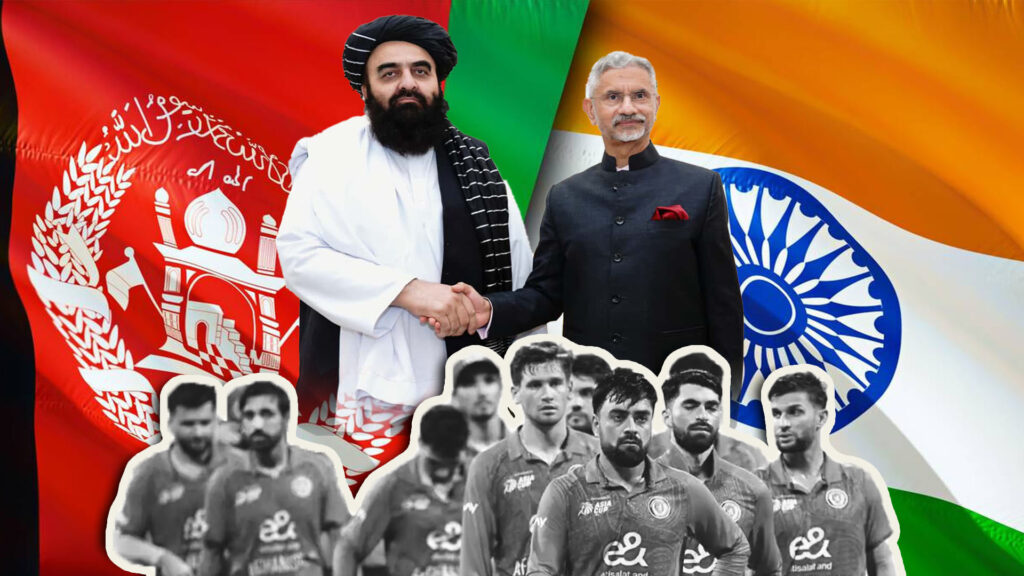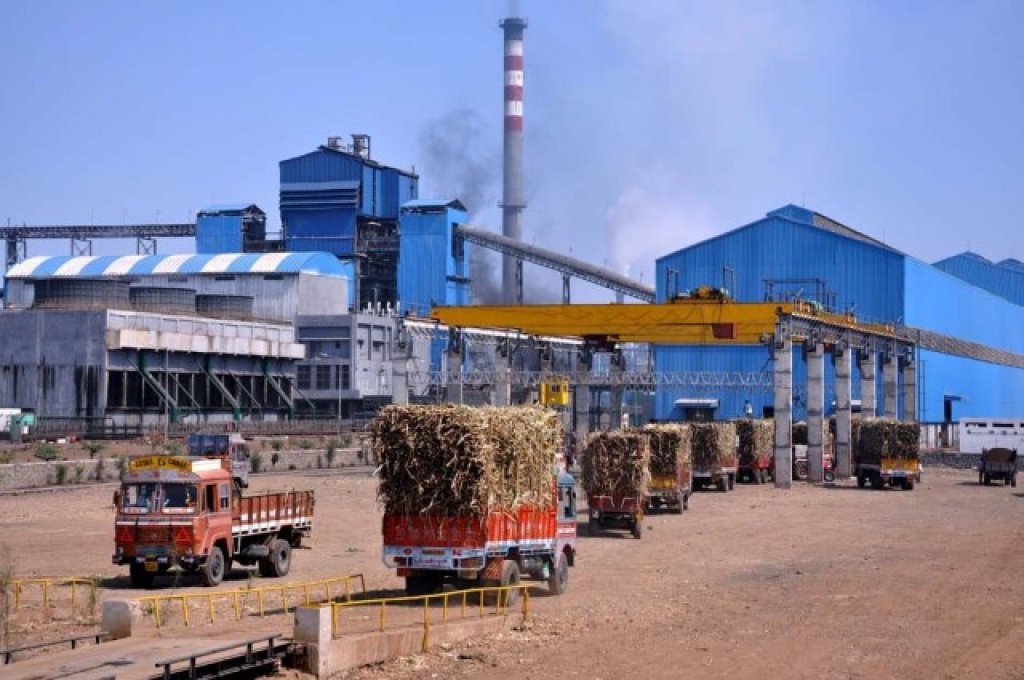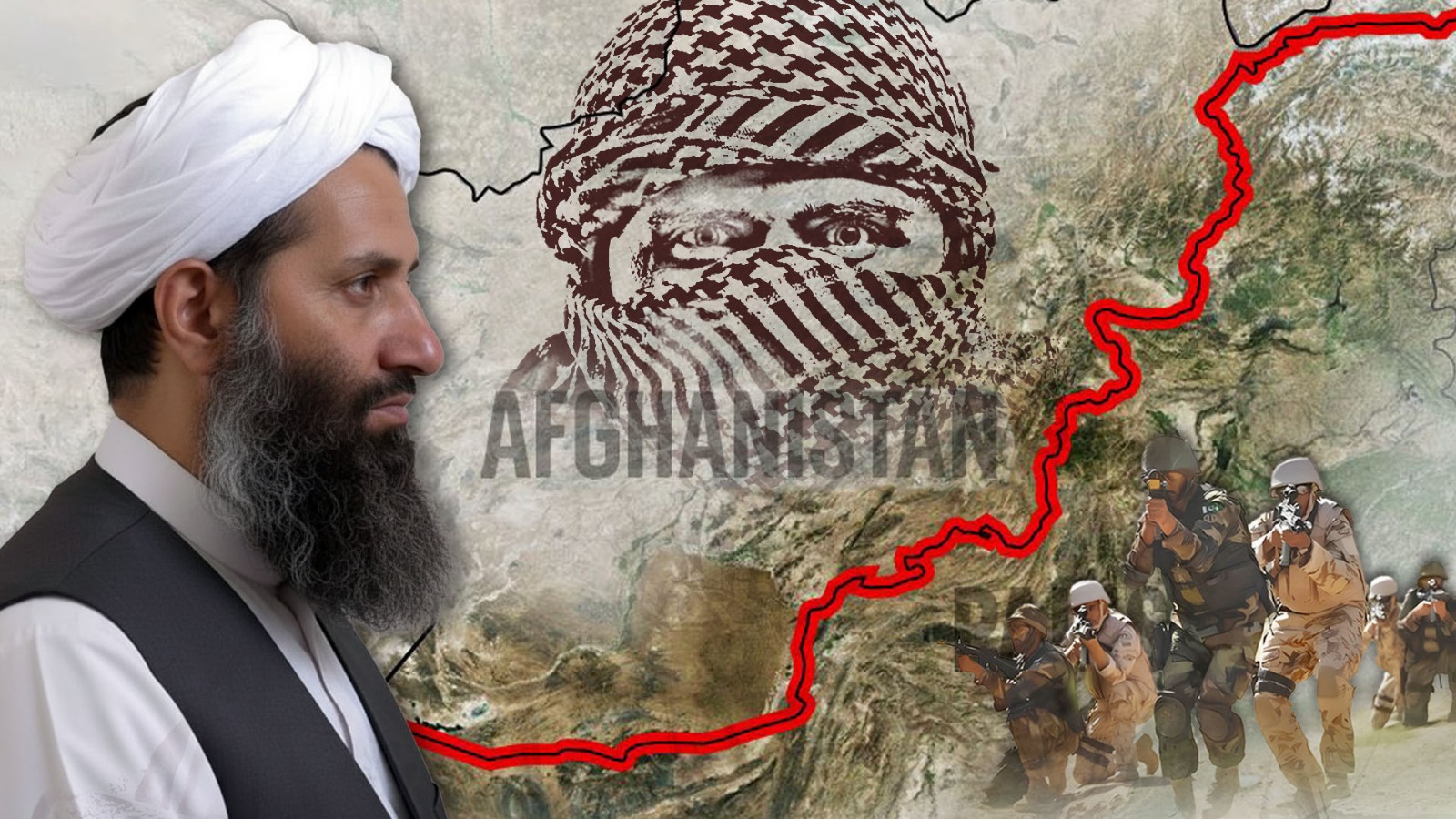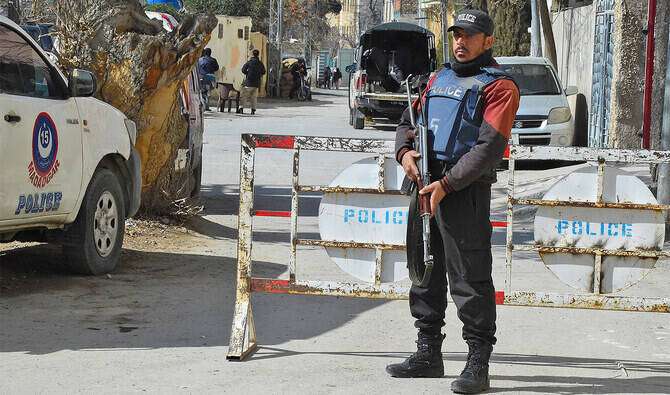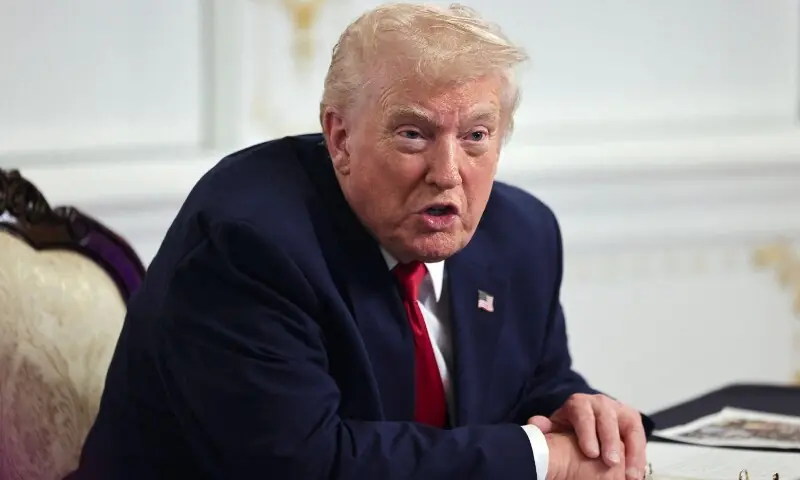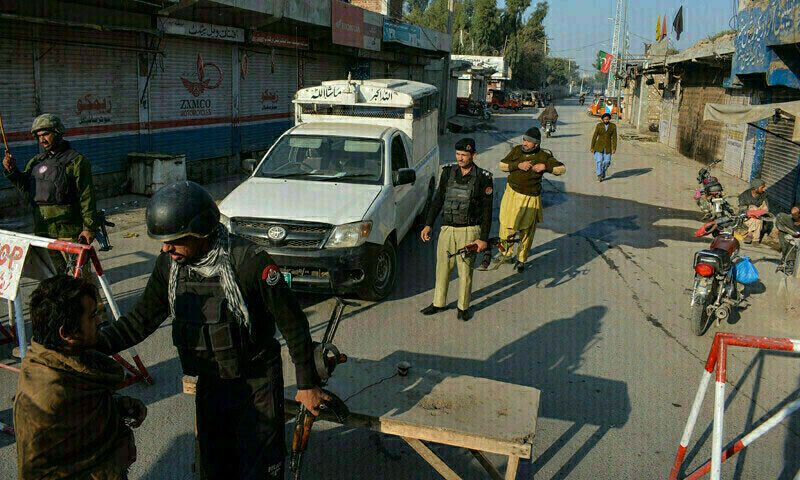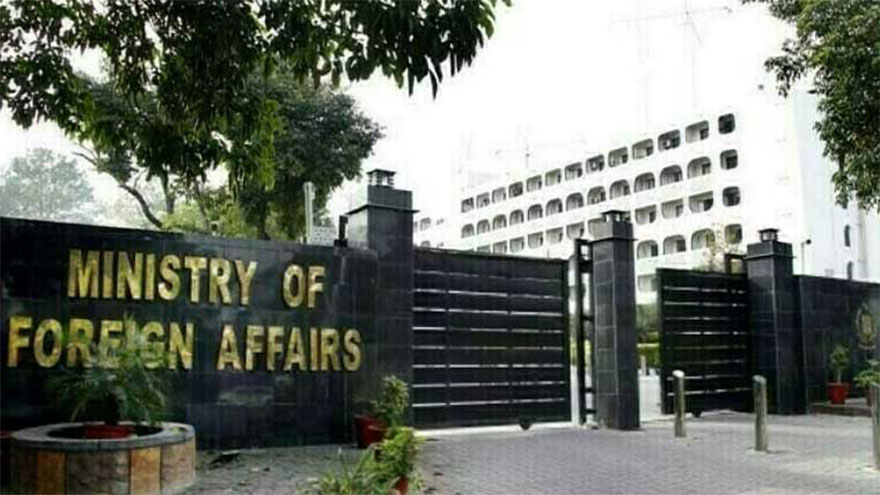India has previously been accused of mixing sports with politics, especially during major cricket tournaments where it refused to engage with Pakistan on the field, citing political and security concerns. This approach drew criticism from several international sports analysts who stressed the importance of keeping politics separate from global sporting events. Now, Afghanistan seems to be taking a similar route by pulling out of the tri-nation series, linking a tragic incident to a broader political dispute, and using cricket as a means to voice diplomatic protest against Pakistan. Speaking to KhabarKada news platform, cricket expert Hamza Khan said, “India mixed sports with politics in the past, and now Afghanistan is following the same path.”
Afghanistan has withdrawn from the upcoming tri-nation cricket series in Pakistan, following reported airstrikes by Pakistan on militant hideouts in Afghanistan’s Paktika province. .
Security sources claimed that Pakistan conducted precision airstrikes targeting the banned Hafiz Gul Bahadur group in Afghanistan’s Urgun and Barmal districts, and near the Angoor Adda border area. These strikes reportedly killed dozens of militants and were carried out just hours after Islamabad and Kabul agreed to extend a 48-hour ceasefire.
The airstrikes came in retaliation to a deadly militant attack on a Pakistani military camp in North Waziristan earlier on Friday. Militants linked to the Hafiz Gul Bahadur group rammed a vehicle full of explosives into Khaddi Fort in Mir Ali, trying to breach the camp in a gun-and-bomb assault.
Despite the pullout, the Pakistan Cricket Board (PCB) said the series would go ahead as planned. PCB spokesperson Amir Mir stated that a third team would soon be finalised to replace Afghanistan in the tournament, which also includes Sri Lanka.
Meanwhile, tensions between Pakistan and Afghanistan continue to rise, especially after deadly border clashes on October 11. Pakistan said 23 of its soldiers were martyred, while nearly 200 Taliban fighters were killed during the skirmishes. The Afghan side claimed it was retaliating to earlier airstrikes carried out by Pakistan — a claim Islamabad has not officially confirmed.
Islamabad has consistently raised concerns about the presence of Tehreek-i-Taliban Pakistan (TTP) militants in Afghanistan. It has urged Kabul to take action against these groups, accusing the Afghan Taliban of giving them safe haven. Kabul, on the other hand, denies supporting militants and has advised Pakistan to negotiate directly with the TTP.
Pakistan’s Defence Minister Khawaja Asif said on Friday that the country’s relationship with Kabul “will not remain the same” and hinted at a tougher approach going forward. Prime Minister Shehbaz Sharif also said that if the Taliban were serious about peace talks, they should take the first step and meet Pakistan’s conditions for ending cross-border terrorism.

